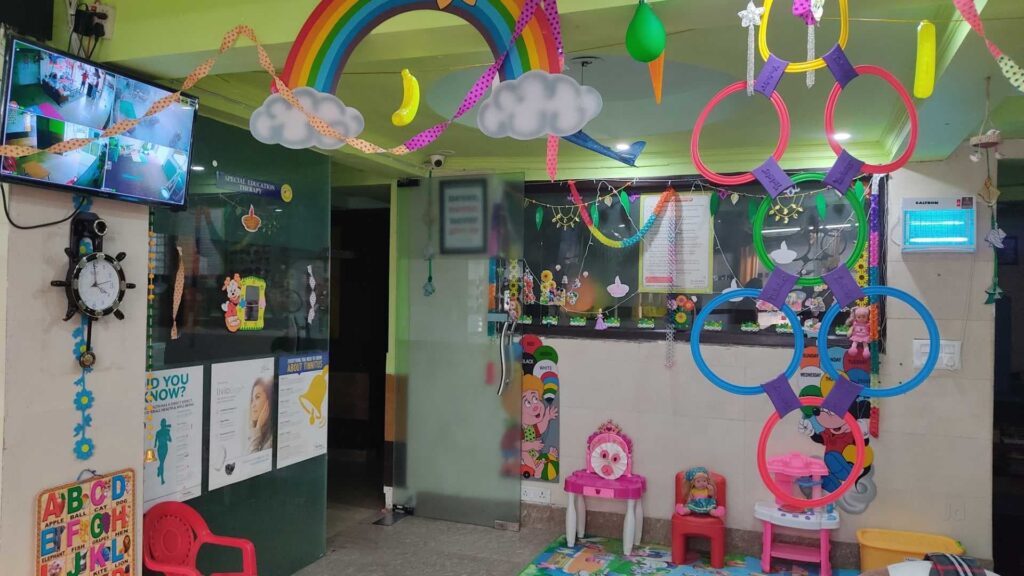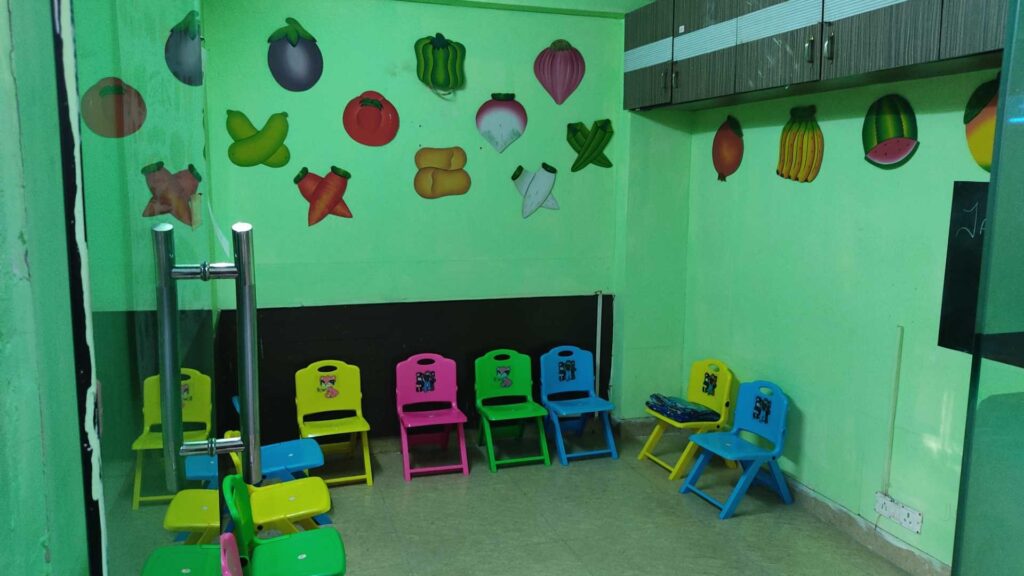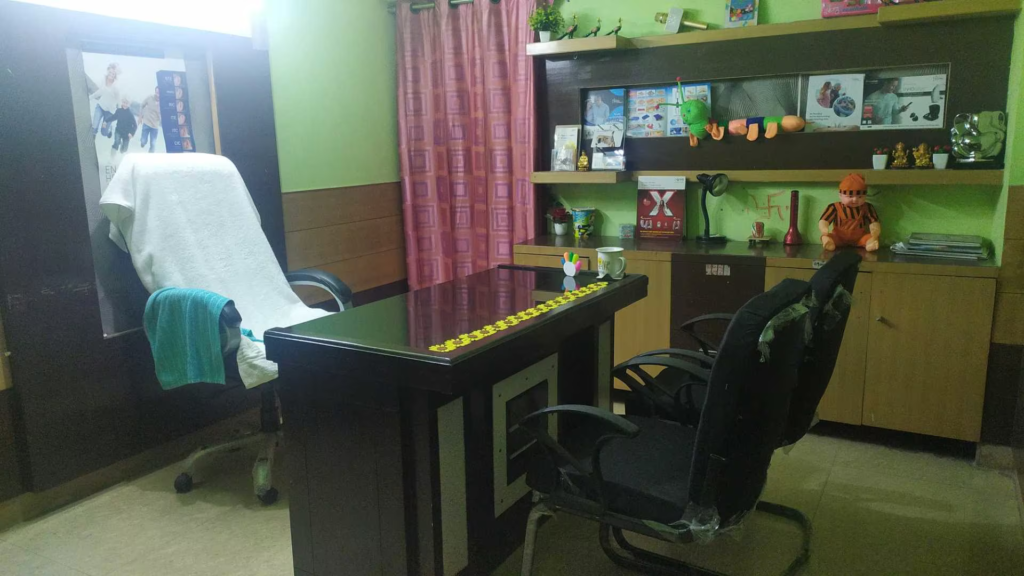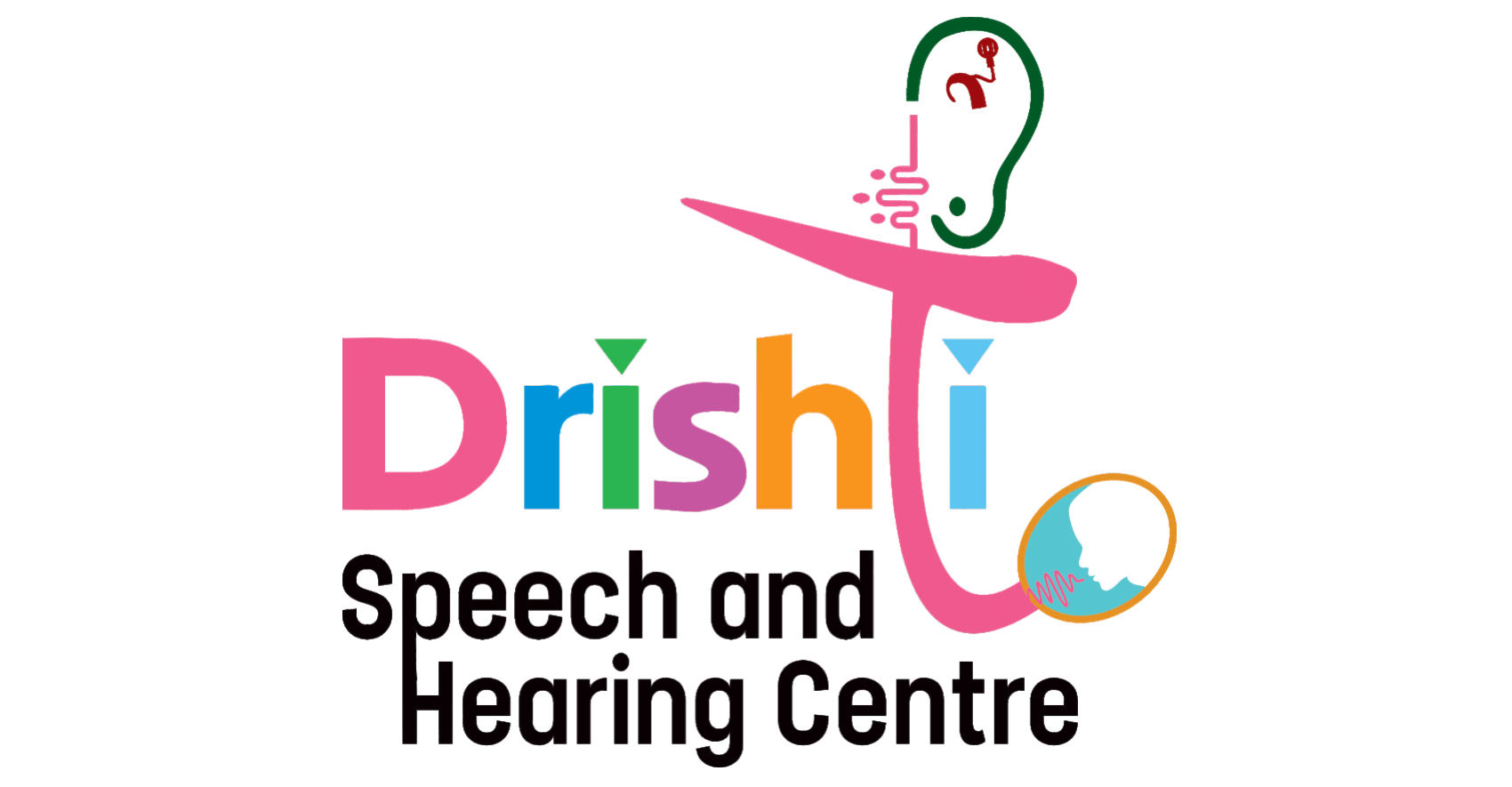Speech Therapy

Key Components of Speech Therapy
1. Assessment and Diagnosis: Comprehensive evaluation of an individual’s communication abilities and swallowing function. This may involve standardized tests, observational assessments, and interviews with parents or caregivers.
2. Individualized Treatment Plans: Based on the assessment, SLPs develop personalized therapy plans tailored to the specific needs and goals of the individual.
3. Therapeutic Interventions: Implementing various techniques and exercises to improve communication and swallowing skills.
4. Family and Caregiver Involvement: Educating and involving families and caregivers to support and reinforce therapy goals at home.
5. Progress Monitoring: Regularly assessing the individual’s progress and adjusting the treatment plan as needed.
Benefits of Speech Therapy
Improved Communication: Enhances the ability to express thoughts, ideas, and emotions effectively.
Better Social Interaction: Facilitates improved interactions with others and enhances social participation.
Enhanced Academic Performance: Supports language development, which is crucial for learning and academic success.
Increased Independence: Promotes the ability to perform daily activities independently, especially for those with swallowing disorders.
Higher Quality of Life: Reduces frustration and improves overall well-being by addressing communication and swallowing difficulties.



